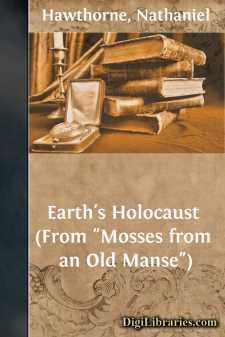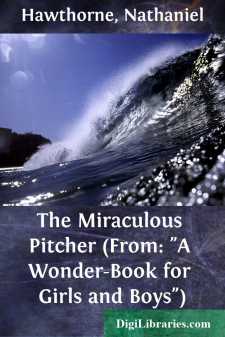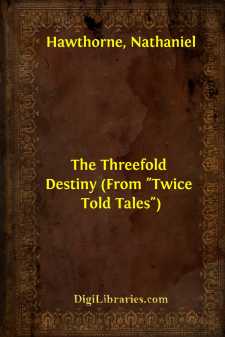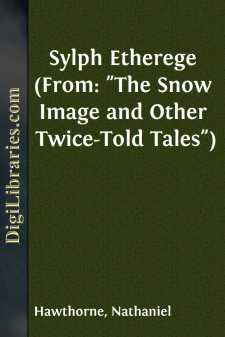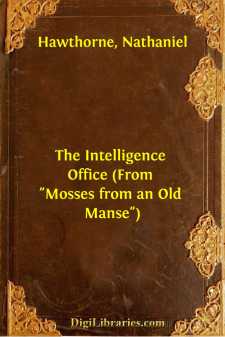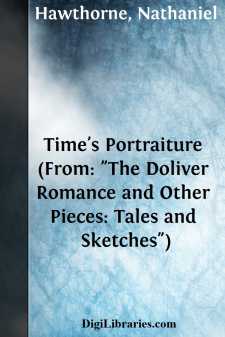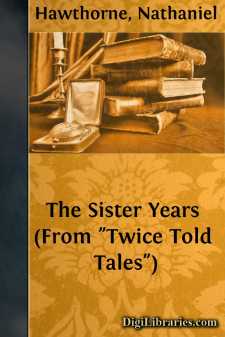Categories
- Antiques & Collectibles 13
- Architecture 36
- Art 48
- Bibles 22
- Biography & Autobiography 816
- Body, Mind & Spirit 145
- Business & Economics 28
- Children's Books 17
- Children's Fiction 14
- Computers 4
- Cooking 94
- Crafts & Hobbies 4
- Drama 346
- Education 58
- Family & Relationships 59
- Fiction 11834
- Foreign Language Study 3
- Games 19
- Gardening 17
- Health & Fitness 34
- History 1378
- House & Home 1
- Humor 147
- Juvenile Fiction 1873
- Juvenile Nonfiction 202
- Language Arts & Disciplines 89
- Law 16
- Literary Collections 686
- Literary Criticism 179
- Mathematics 13
- Medical 41
- Music 40
- Nature 179
- Non-Classifiable 1768
- Performing Arts 7
- Periodicals 1453
- Philosophy 66
- Photography 2
- Poetry 897
- Political Science 203
- Psychology 45
- Reference 154
- Religion 516
- Science 126
- Self-Help 85
- Social Science 82
- Sports & Recreation 34
- Study Aids 3
- Technology & Engineering 59
- Transportation 23
- Travel 463
- True Crime 29
Our website is made possible by displaying online advertisements to our visitors.
Please consider supporting us by disabling your ad blocker.
The Ancestral Footstep (fragment) Outlines of an English Romance
Description:
Excerpt
INTRODUCTORY NOTE.
"Septimius Felton" was the outgrowth of a project, formed by Hawthorne during his residence in England, of writing a romance, the scene of which should be laid in that country; but this project was afterwards abandoned, giving place to a new conception in which the visionary search for means to secure an earthly immortality was to form the principal interest. The new conception took shape in the uncompleted "Dolliver Romance." The two themes, of course, were distinct, but, by a curious process of thought, one grew directly out of the other: the whole history constitutes, in fact, a chapter in what may be called the genealogy of a romance. There remained, after "Septimius Felton" had been published, certain manuscripts connected with the scheme of an English story. One of these manuscripts was written in the form of a journalized narrative; the author merely noting the date of what he wrote, as he went along. The other was a more extended sketch, of much greater bulk, and without date, but probably produced several years later. It was not originally intended by those who at the time had charge of Hawthorne's papers that either of these incomplete writings should be laid before the public; because they manifestly had not been left by him in a form which he would have considered as warranting such a course. But since the second and larger manuscript has been published under the title of "Dr. Grimshawe's Secret," it has been thought best to issue the present sketch, so that the two documents may be examined together. Their appearance places in the hands of readers the entire process of development leading to the "Septimius" and "The Dolliver Romance." They speak for themselves much more efficiently than any commentator can expect to do; and little, therefore, remains to be said beyond a few words of explanation in regard to the following pages.
The Note-Books show that the plan of an English romance, turning upon the fact that an emigrant to America had carried away a family secret which should give his descendant the power to ruin the family in the mother country, had occurred to Hawthorne as early as April, 1855. In August of the same year he visited Smithell's Hall, in Bolton le Moors, concerning which he had already heard its legend of "The Bloody Footstep," and from that time on, the idea of this footprint on the threshold-stone of the ancestral mansion seems to have associated itself inextricably with the dreamy substance of his yet unshaped romance. Indeed, it leaves its mark broadly upon Sibyl Dacy's wild legend in "Septimius Felton," and reappears in the last paragraph of that story. But, so far as we can know at this day, nothing definite was done until after his departure for Italy. It was then, while staying in Rome, that he began to put upon paper that plot which had first occupied his thoughts three years before, in the scant leisure allowed him by his duties at the Liverpool consulate. Of leisure there was not a great deal at Rome, either; for, as the "French and Italian Note-Books" show, sight-seeing and social intercourse took up a good deal of his time, and the daily record in his journal likewise had to be kept up....




